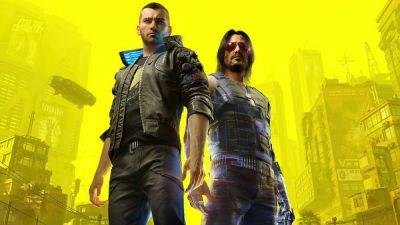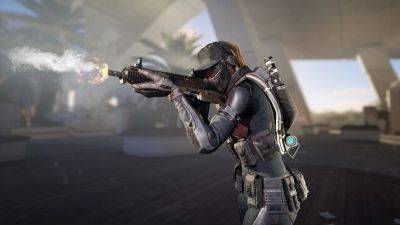Former Halo and Destiny producer says live service model is 'much better for developers and players' than the '$60 boxed product model'
Joe Tung, CEO and co-founder of developer Theorycraft Games, started out his career in games as the lead producer on Halo 3 before moving on to be executive producer on Halo: Reach and Destiny at Bungie. In an interview with PC Gamer promoting his new MOBA-like battle royale game Supervive, Tung said that during his time at Bungie he had to make decisions that «were not in the best interest of players» and that a lot of E3 demos at the time (though not necessarily Bungie's) showed off «bullshit vaporware.» The problem, he thinks, is the whole «boxed product model.»
After leaving Bungie in late 2012, Tung joined Riot Games to work on League of Legends, which gave him his first experience of working in the world of free-to-play live service games. When he left Riot in 2020 to found Theorycraft Games, he knew he wanted to create a free-to-play live service game because he believes «the games as a service model is so much better for developers and players.»
«I always felt like in the $60 boxed product model that I was having to make decisions that were not in the best interest of players,» said Tung. «It was in the best interest of, how do we sell as many copies in the first 48 hours as we can? One of the huge strengths of the games as a service model is you can be long term, you can think long term in terms of what is best for the player, and how does that overlap with what is best for the company? I think it allows you to make much, much, much better decisions overall.»
When asked for a specific example of one of these non-player friendly decisions, Tung recalled the days of E3 press conferences and the demos that came with them. While not directly saying that the E3 showcases for any of the games he worked on could be categorized this way, he said that a lot of E3 builds for games featured things that would never be in the final released product.
«I would wager that any developer who has ever worked in the $60 box product model, up until the point where E3 was







